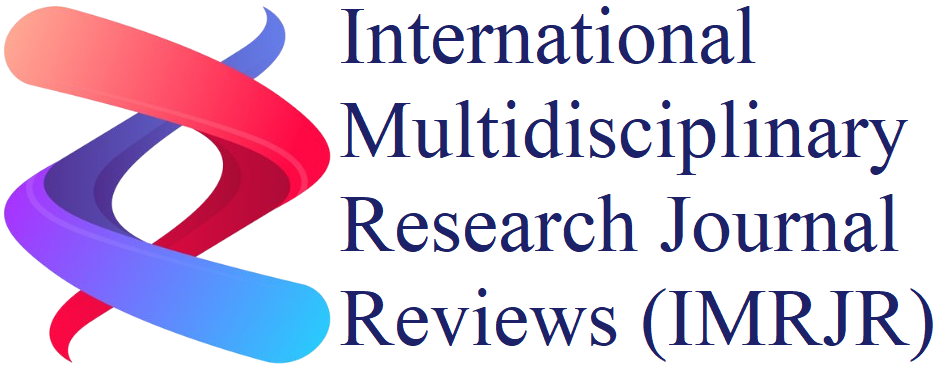Abstract: Humanism as an idea and doctrine has western origin. It came up as a movement against the pessimistic attitude developed with man as the consequence of the second world-war. The sixteenth century humanism is known as renaissance humanism which attempted in reminding man regarding his potency and creativity to face the life with optimistic attitude. But humanism in the doctrinal form came up as the reaction against religious authoritarianism and supernaturalism in twentieth century (1907) in the writings of Schiller (F. C. S). It was followed by other notable humanists like, Falconer (1924), A.H. Dakin (1939), Garhringer (1955), Julian Huxley (1961), Corliss Lamont (1965) etc. In the same century two Indian thinkers have also advocated in support of humanistic doctrines, namely, scientific humanism and new humanism. The former has been advocated by J. Nehru (1946) and the later by M. N. Roy (1981). The paper aims at the exposition and analysis of such two Indian humanistic doctrines.
Keywords: Democracy, Socialism, Human potency and dignity, revolution, Scientific temper.
Download:
![]() |
DOI:
10.17148/IMRJR.2025.020802
|
DOI:
10.17148/IMRJR.2025.020802
[1] Sandhya Rani Das, Nandini Mishra, "The Study of Humanism in Philosophical Thought: An Analysis," International Multidisciplinary Research Journal Reviews (IMRJR), 2025, DOI 10.17148/IMRJR.2025.020802

